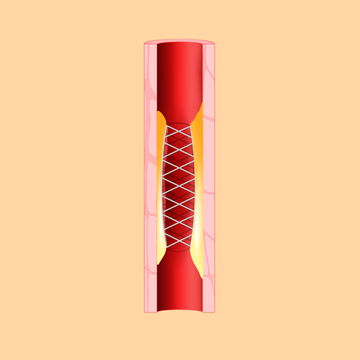You may want to think twice about working out your anger at the gym: Exercising when you’re ticked off may trigger a heart attack, a new study in the journal Circulation suggests.
For the study, nearly 12,500 heart attack patients reported what they did and how they felt in the hour leading up to their attacks. They also reported their activities and emotional state on the day prior to the attacks, for comparison.
It turned out that the patients were more likely to have exercised and to have felt angry in the hour before their heart attacks than they had been on the day before.
Related: Discover the Weird Symptoms Of a Silent Heart Attack
After analyzing that data, the researchers estimated that feeling angry more than doubles your odds of a heart attack—and so does working out.
But if you exercise and feel angry at the same time, your risk triples, according to the researchers.
Why? Intense exercise and anger both cause your blood vessels to narrow, says lead researcher Andrew Smyth, M.D., Ph.D.
As a result, your vessels might not be able to bring enough blood to your heart to deliver the oxygen it needs to function. And that’s what causes a heart attack.
Related: 6 Real Guys Who Suffered a Heart Attack Tells You What It Really Feels Like
While the findings are scary, it’s worth noting that it’s rare for healthy guys under 60 to have heart attacks. Only .3 percent of men age 20 to 39 and 3.3 percent of men age 40 to 59 have experienced one, according to a 2016 report from the American Heart Association.
If you’re in that age group without any heart disease risk factors, it’s OK to exercise when you’re peeved, Dr. Smyth says. The benefits of physical activity, such as reducing stress and improving overall heart health, outweigh the heart attack risk in young, healthy guys.
Just make sure you do a low-intensity warmup first, Dr. Smyth says.
That means starting with an easy jog instead of jumping right into sprint intervals or working in lighter sets before lifting heavy.
Your lower-intensity exercise will probably start to calm you down, potentially staving off those anger-induced risks to your cardiovascular system. When that happens, you can begin to transition gradually to a more intense workout.
Men over 60 should be more cautious, though, because their heart attack risk is higher to begin with. More than 10 percent of men age 60 to 79 have experienced one, according to American Heart Association report.
Same goes for men who are overweight, have high blood pressure, or have a family history of heart disease.
Before jumping into any kind of new exercise program, build up to it gradually, Dr. Smyth says. And talk with your doctor first to make sure your heart can handle the exercise.













